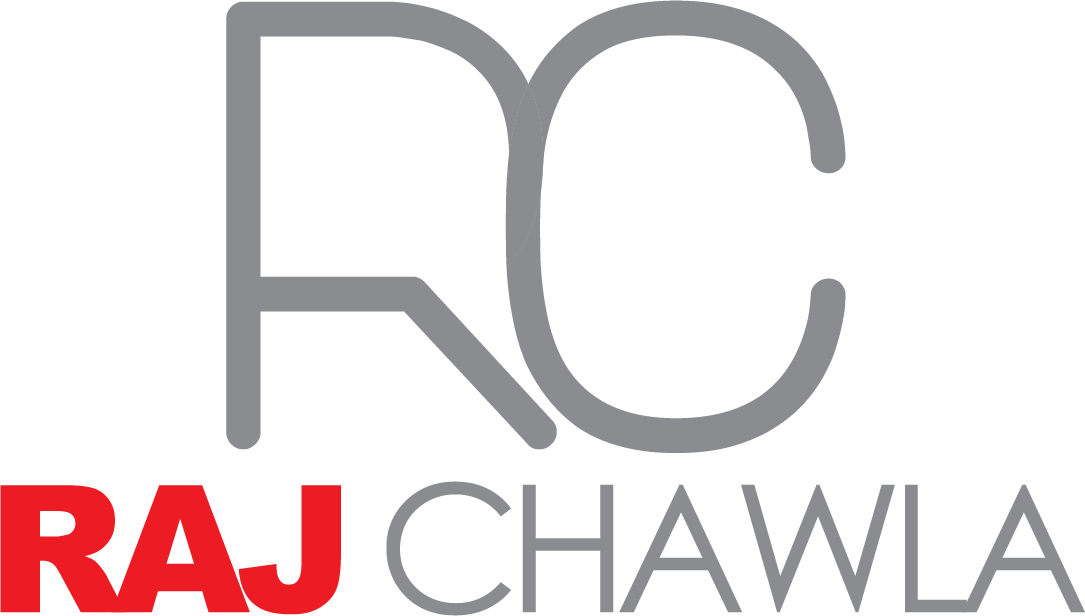Government emphasises spending to bolster economic recovery underway. IN BRIEF $106.6 billion deficit with net debt to peak at $980.6...
Read MoreChanges in Super for 2020/21
It’s true the rules of our super system always seem to be changing and this year it’s no different.
Just when you think you’ve got all the rules and eligibility ages sorted out, they change again. And in the coming financial year there’s some important goal posts that are shifting for older super members.
If you’re wondering how the changes in recent years have affected your super and retirement plans, here’s a quick guide to the key changes and when they commenced.
The government has yet to legislate a number of significant proposals in relation to the super and retirement system.
These include a rise to the age limit for the bring-forward rules, introduction of retirement income products, changes to SMSF trustee numbers and three-year audits for SMSFs.
Super Guarantee amnesty for employers
Employers are being offered a one-off opportunity to disclose and pay any unpaid SG amounts under an amnesty program administered by the ATO. The amnesty (which runs until 7 September 2020), permits employers to lodge an SG amnesty form to disclose SG contribution shortfalls for their employees for any quarter from 1 July 1992 and 31 March 2018.
Employers taking advantage of the amnesty will not incur the normal interest, administration charges and non-payment penalties of up to 200%. They can claim a tax deduction for any SG payments made by 7 September 2020.
From 1 July 2020, older super members will be able to make contributions into their super account without having to meet the requirements of the work test.
Following amendments to the SIS Regulations, fund members aged 65 and 66 can make personal non-concessional contributions into their super account without being gainfully employed for 40 hours in 30 consecutive days during the financial year in which they make their contribution.
Following removal of the work test requirements for personal contributions by super members aged 65 and 66, accompanying legislation is going through Parliament covering the rules for bring-forward arrangements.
This legislation will allow fund members aged 65 or 66 to use the existing bring-forward rules for non-concessional contributions to make up to three years of non-concessional contributions (3 x $100,000 = $300,000 in 2020/21) in a single financial year.
As part of recent amendments to the SIS Regulations, the maximum age at which an SMSF member can receive a spouse contribution has been lifted.
From 1 July 2020, spouse contributions can be made until the receiving spouse reaches age 75 (up from the previous age limit of 69). Receiving spouses aged between 67 and 75 will still need to meet the requirements of the work test.
Temporary reduction in super pension minimum drawdowns
The government has again reduced minimum drawdown rates by 50% for account-based pensions and similar products in the 2020/21 income year.
From 1 July 2020, super fund members can access up to $10,000 of their super account if they are affected by the adverse economic effects of COVID-19.
Under the temporary access rules, you can access up to $10,000 of your superannuation savings. Applications must be made between 1 July 2020 and 24 September 2020 and are only available to members in accumulation phase, not retirement phase.
Government emphasises spending to bolster economic recovery underway. IN BRIEF $106.6 billion deficit with net debt to peak at $980.6...
Read MoreRegardless of how far off retirement is for you, it could be beneficial to regularly check that your finances are...
Read MoreThe amount of superannuation you should have is a culmination of the contributions made into your super account, fees deducted...
Read More